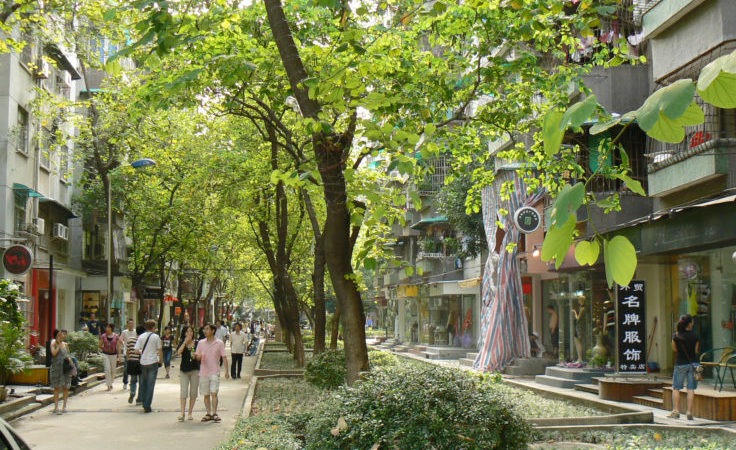Item Link: Access the Resource
File: Download
Date of Publication: March 23
Year of Publication: 2023
Publication City: Amsterdam, The Netherlands
Publisher: Elsevier
Author(s): C. Neale, M. Boukhechba, S. Cinderby
Journal: Journal of Environmental Psychology
Volume: 86, 101973
Highlights
- Explores psychophysiological responses to urban settings in a non-western context (Thailand and Kenya).
- Beneficial effects of nature within these urban settings are shown via heart rate variability, suggesting lower stress response.
- Provides research against which to compare studies conducted in the Global North.
Abstract
Global transition into healthy urban living requires active engagement by planners to understand the physical and social dimensions that underpin healthy living in urban settings. Much of the current research into the health and wellbeing benefits that can be afforded by smart planning has taken place in the Global North, with little focused attention on other parts of the world. Given the current rapid urbanization in both sub-Saharan Africa and South-East Asia, further research is needed to understand how urbanisation is impacting these populations in order to understand what public health measures can be implemented.
Our research sought to understand the psychophysiological responses of participants in Nakuru (Kenya) and Udon Thani (Thailand) when walking in urban settings within their given city. Mood measures were taken pre- and post-walk, to understand subjective psychological responses to the urban settings. Heart rate variability was measured using a smart watch to understand physiological (stress) responses throughout walks in the urban settings.
Our results show beneficial effects of nature within urban settings on heart rate variability, suggesting lower stress responses in these areas. The subjective responses did not show the expected improvements in mood across both locations as a result of walking generally, which we discuss in relation to geographical and/or potential social differences in these locations compared against studies that have been conducted largely in the Global North. The results of this study are useful in understanding the role of urban planning for improved public health in both African and Asian settings.
Read the full paper here or download it from the link above.

